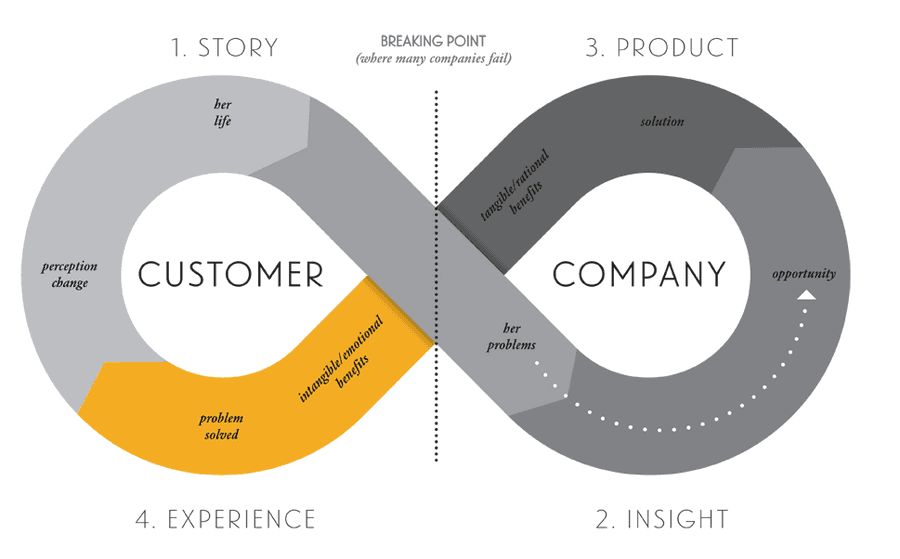Full Lifecycle Use Case
Through primary market research, learn as much as possible about how your customer will use your product and what they think of it. Start by mapping out how your persona uses your product. It’s important to see this from your customer’s point of view, not just your own.
Do a full lifecycle use case. Explain how existing products aren’t currently meeting the persona’s needs. Describe how a customer first finds out about your product. Explore how they buy the product, use the product, and whether they tell their friends about it. Be as detailed as you can possibly be.
533
815 reads
CURATED FROM
IDEAS CURATED BY
There’s nothing magic about being a successful entrepreneur. It’s a learned skill, and in Disciplined Entrepreneurship, the author details 24 steps to a successful startup.
“
The idea is part of this collection:
Learn more about entrepreneurship with this collection
How to balance flexibility and structure in a hybrid team environment
Understanding the challenges of managing a hybrid team
How to maintain team cohesion
Related collections
Similar ideas to Full Lifecycle Use Case
Questions to keep in mind
- Do you bring your customers more gain or less pain? Ask them.
- What emotional values can you help your customer reach? Ask them what they feel when they first discovered it, when they started using it, and how they feel about it now.
- How can your customers jus...
The Story Strategy Blueprint
It ensures that the needs and wants of your customer remain front and center as you develop products and services and make plans to bring those ideas to life.
- Step 1: Story: Think about who the customer is beyond the basic demographic information. Des...
4. My product manager is wrong, I would do it better
It can be challenging to plan every detail of the project.
From a product manager view you have to think about the limitations of the technology, you have to think about users who will use your product, you cannot forget about business and marketing requirements and so on.
Sometimes,...
Read & Learn
20x Faster
without
deepstash
with
deepstash
with
deepstash
Personalized microlearning
—
100+ Learning Journeys
—
Access to 200,000+ ideas
—
Access to the mobile app
—
Unlimited idea saving
—
—
Unlimited history
—
—
Unlimited listening to ideas
—
—
Downloading & offline access
—
—
Supercharge your mind with one idea per day
Enter your email and spend 1 minute every day to learn something new.
I agree to receive email updates



